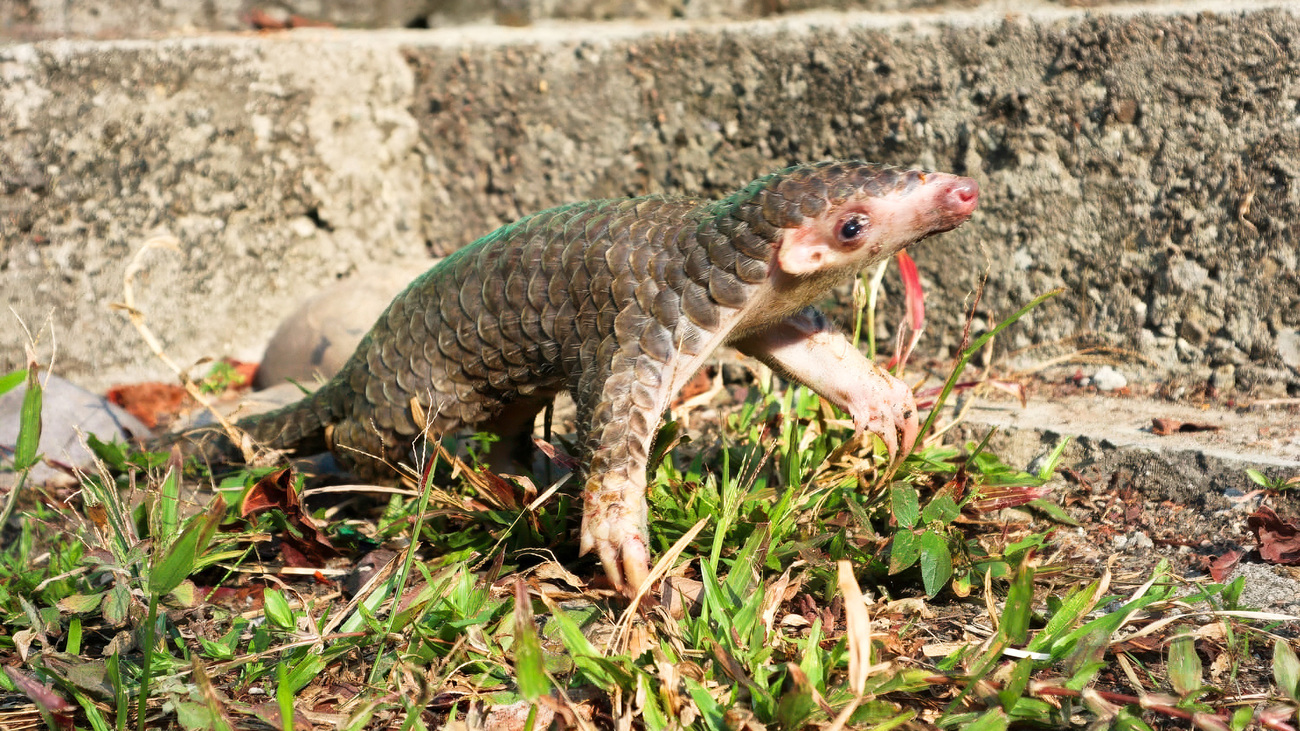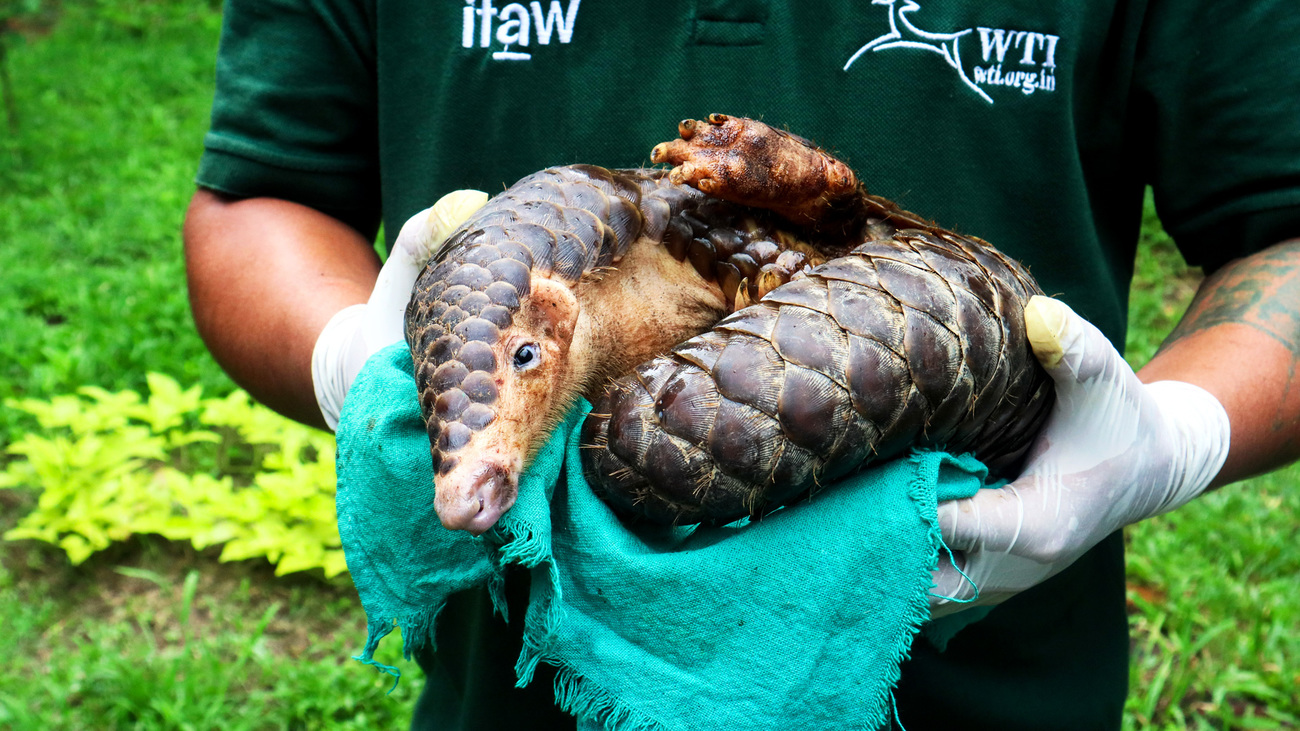Press releases
40 years after the whaling ban – whales continue to die
Read morePangolins could gain protection under the Endangered Species Act—how you can help
You might have never seen one, but due to high demand for their scales, claws, and meat, pangolins are some of the most sought-after animals in the world. Between 2000 and 2019, the equivalent of more than 895,000 pangolins were trafficked globally.
This illegal trade doesn’t just harm individual pangolins—it wreaks havoc on entire ecosystems, as pangolins act as gardeners when they forage for meals of ants and termites. They burrow into the ground, aerating the soil and cycling nutrients, while keeping insect populations in control—they are vital protectors of forests and other plant life.
Fortunately, there’s a new light of hope for pangolins shining against this dark, dangerous backdrop—this week, the U.S. Fish and Wildlife Service (USFWS) has taken one step closer to recognising all pangolin species under the Endangered Species Act (ESA). This decision could be a huge win for wildlife—it will reinforce the international commercial trade ban for US imports and prohibit interstate sale of live pangolins and their body parts. This decision would also help heighten global awareness about pangolins’ plight and how important they are to our planet.

Getting pangolins protected under the ESA has been a goal of IFAW for 10 years. In June 2015, we helped organise and facilitate the first-ever Pangolin Range State Meeting in Da Nang, Vietnam. The same year, we co-authored a petition to the US government to include all eight species under the ESA.
Thanks to our leadership of a coalition of scientists, experts, and like-minded conservationists, all eight pangolin species received full protections from the Parties to the Convention on International Trade in Endangered Species of Wild Fauna and Flora (CITES) in 2016. But around the world, lack of enforcement and light penalties have enabled continued poaching and smuggling.

Finally, USFWS is taking action for pangolins, too. But it’s not over yet.
Though USFWS has published a positive finding in response to our 2015 petition, this doesn’t mean pangolins are legally protected yet. First, there will be a 60-day public comment period for the proposed addition. If you live in the US, you can be a voice for pangolins by sharing your support. Let’s ensure these animals receive the protections they deserve.
With the US doing its part to protect these vulnerable species, there is hope that they will have a better future. We can’t let pangolins go extinct before most people have even heard of them.
Every problem has a solution, every solution needs support.
The problems we face are urgent, complicated, and resistant to change. Real solutions demand creativity, hard work and involvement from people like you.
Unfortunately, the browser you use is outdated and does not allow you to display the site correctly. Please install any of the modern browsers, for example:
Google Chrome Firefox Safari